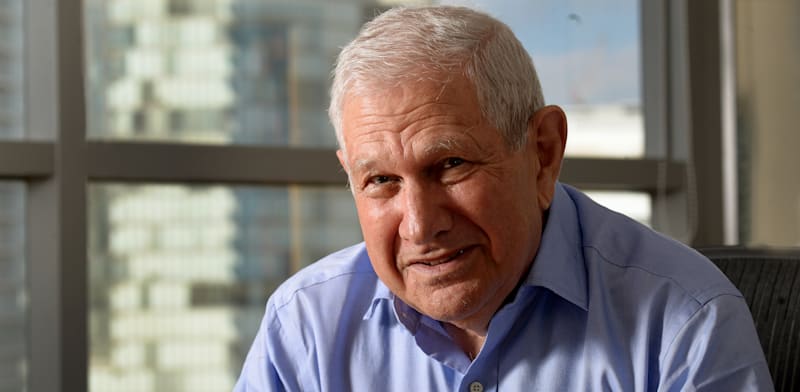Earlier this week, the government approved a welcome grant program for reserve soldiers. Prime Minister Benjamin Netanyahu, Finance Minister Bezalel Smotrich and Defense Minister Yoav Gallant were quick to take credit for the media announcements. In response to the question of where the government was going to find the NIS 9 billion to finance the program, Smotrich replied dismissively: « This is the anchor of the 2024 budget that we will present. »
Not three days had passed and it appeared that Smotrich’s anchor had failed to hold. The Finance Ministry fears an explosion in the budget deficit which could reach 6 to 7% of GDP due to the consequences of the war, but the government opposes painful measures aimed at bringing the deficit within limits, such as reducing coalition party spending or tax increases. There is therefore not enough money left for justified subsidies to reservists.
The Ministry of Finance has found a solution. But it’s a situation that no one wants to take credit for. This time, Netanyahu, Smotrich and Gallant were indeed reluctant. Among all, it was in fact the president of the Histadrut (General Federation of Labor in Israel), Arnon Bar-David, who was sent to inform the public that every salaried worker in Israel will contribute NIS 400 from their salary to finance the government program, forgoing a day of “clawback” money (an element of the wage system in Israel).
What is Bar-David’s interest in agreeing to such a thing? The Histadrut president said that, thanks to agreements reached with the Ministry of Finance, he managed to avoid harsh measures such as the removal of tax relief on advanced training funds (a form of savings not taxable) and pensions, and he blocked the intention to freeze the increase in the minimum wage.
Bar-David certainly opposed these measures, but he boasts of a result that could very well have been obtained without him. Smotrich, and even more so Netanyahu, oppose the reduction of tax breaks. As for freezing the minimum wage, a proposal actually raised by Dubi Amitai, chairman of the Israeli Business Sector Presidium, it has not yet been completely ruled out by all those concerned at the Finance Ministry.
The contribution of 400 shekels per person, agreed between the Finance Ministry and the Histadrut, is supposed to provide 2 billion shekels for subsidies for reservists. But it could also be said that the workers’ contribution will finance the coalition party’s funds or other expenses. True, the money collected will go to a special fund for reservists, but money does not smell. The NIS 2 billion collected from workers represents NIS 2 billion less that will be cut in areas where it very well could be.
RELATED ARTICLES
Smotrich has repeatedly said recently that there is enough money for everyone, but he agreed to cut less than NIS 3 billion of the coalition’s NIS 8 billion in the 2024 budget. now coalition money would fund almost the entire reservist subsidy program, without taking anything directly from workers.
Financial assistance to reservist soldiers and their families is one of the most justified items in the government’s 2024 budget review project. The problem is that this is not the way to finance it. One could argue that, in any case, it is the public who will foot the bill. After all, the state budget comes mainly from taxes. But the new reservist “tax” that has been decided to impose on workers is distorted in several ways.
First of all, it is a regressive tax. Low-income people will pay more than high-income people, and not just in relative terms, but in absolute terms. A recovery day is worth up to NIS 471 net for a minimum wage worker. The higher the salary, the more the benefit is eroded by higher tax brackets, and the more one’s net worth declines.
Another criticism is that the burden will fall entirely on workers. The alternative of raising the VAT rate, for example, would distribute it among the entire population, but Netanyahu vetoed this.
Reservists themselves have also not been exempt from Reservist Grant funding. Some of them jokingly told a classmate: “The easiest thing is if you give me NIS 400 and I give you NIS 400.”
Published by Globes, Israel Business News – fr.globes.co.il – January 11, 2024.
© Copyright of Globes Publisher Itonut (1983) Ltd., 2024.




